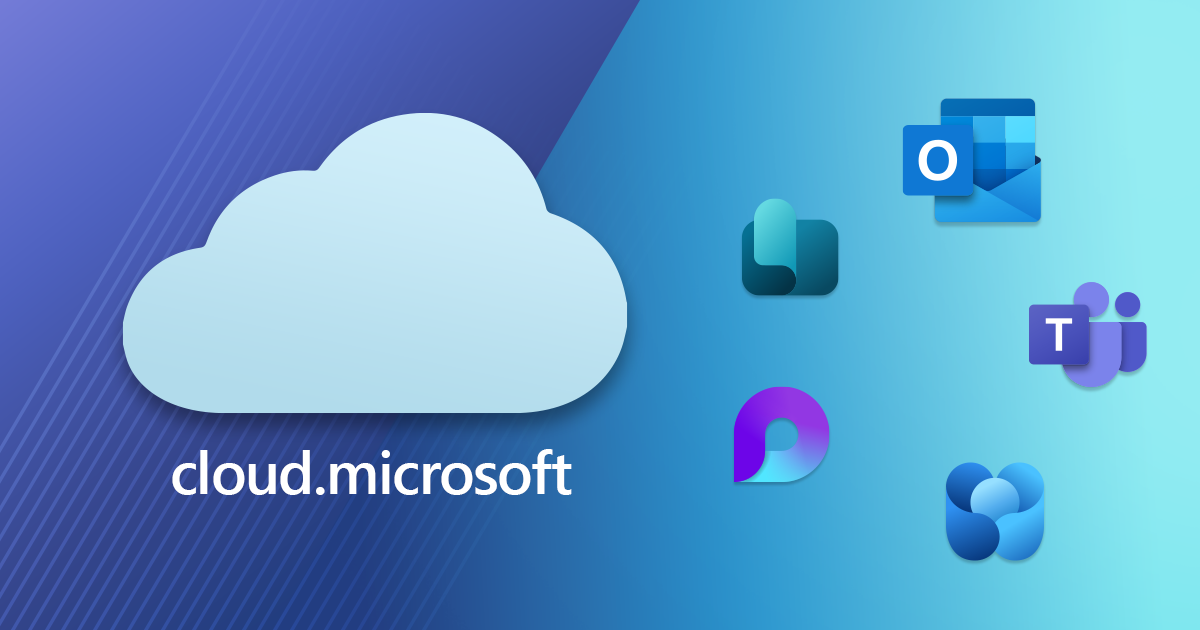As climate change intensifies and sustainability takes center stage, nations and organizations around the globe are accelerating their green transitions. Singapore—a small island nation with big environmental ambitions—has set forth its Green Plan 2030 to build a sustainable future across all sectors. In this transformative journey, digital technology has emerged as a crucial enabler. At the forefront of this digital-green convergence is microsoft cloud sustainability solution in Singapore, a powerful suite designed to help governments and businesses record, report, and reduce their environmental impact. This cloud-based platform is becoming a cornerstone in Singapore’s efforts to achieve carbon neutrality and lead the region’s sustainable development.
Understanding Microsoft Cloud for Sustainability
Launched in 2021, Microsoft Cloud for Sustainability is a purpose-built cloud solution aimed at helping organizations manage their sustainability goals more efficiently. It integrates data intelligence, automation, and reporting capabilities to provide a unified view of environmental impact across operations, supply chains, and value networks.
What sets this platform apart is its ability to automate emissions tracking, streamline ESG reporting, and model sustainability scenarios—all within a secure and scalable cloud environment. It brings together offerings from Microsoft Azure, Microsoft 365, Dynamics 365, and Power Platform to create a comprehensive digital ecosystem that aligns business goals with environmental responsibility.
Singapore’s Sustainability Ambitions: Why the Cloud Matters
Singapore’s Green Plan 2030 is a whole-of-nation movement to advance the country’s sustainable development agenda. It includes bold targets in areas such as energy transition, green finance, sustainable living, and climate resilience. However, implementing these goals requires robust data, seamless collaboration, and actionable insights—all areas where Microsoft Cloud for Sustainability can make a profound difference.
Singapore faces unique sustainability challenges as a highly urbanized, resource-constrained nation. It must balance economic growth with environmental preservation while relying heavily on imports for food, water, and energy. Therefore, the ability to monitor emissions, optimize resource usage, and simulate sustainability strategies is essential.
Empowering the Public and Private Sector
microsoft sustainability manager in Singapore is enabling both public institutions and private enterprises in Singapore to embed sustainability into their digital transformation agendas.
1. Government Agencies and Smart Nation Initiatives
Singapore’s push toward becoming a Smart Nation has always emphasized using data to improve citizen services and operational efficiency. Now, sustainability is being integrated into this vision. Government agencies can use Microsoft Cloud for Sustainability to:
- Track carbon emissions across digital infrastructure, transport systems, and public buildings
- Improve transparency in ESG reporting to global bodies and citizens
- Enhance public procurement decisions by evaluating suppliers based on carbon intensity
- Model long-term climate risk scenarios using advanced analytics
By leveraging real-time data dashboards, Singapore’s urban planners and policymakers can make more informed decisions regarding energy consumption, urban cooling systems, and green infrastructure investments.
2. Private Sector and Corporate ESG Transformation
Singapore’s business community is under increasing pressure to align with global ESG standards. From multinational banks to local startups, companies need to transition toward low-carbon operations to stay competitive and compliant.
Microsoft Cloud for Sustainability offers tools for:
- Automated carbon accounting that pulls data from energy bills, cloud usage, travel, and supply chains
- Sustainability scorecards to assess ESG performance and regulatory compliance
- AI-driven forecasting to test green investment outcomes before implementation
- Stakeholder collaboration through shared sustainability reports
Local enterprises such as DBS Bank and Keppel Corporation are already leveraging Microsoft technologies to align their operations with the UN Sustainable Development Goals (SDGs). The Cloud for Sustainability brings them a step closer to integrating ESG into the core of business decision-making.
Microsoft’s Local Commitment: Green Innovation Hubs in Singapore
Microsoft has reinforced its commitment to Singapore through several local initiatives aligned with sustainability. Notably:
- Microsoft’s Data Centres in Singapore are running on 100% renewable energy, in line with their global goal of becoming carbon negative by 2030.
- Partnerships with educational institutions and the public sector have been launched to promote green digital skills, particularly in AI, IoT, and environmental analytics.
- Microsoft’s collaboration with Temasek and the Singapore GreenTech Challenge encourages local startups to build climate solutions on the Azure cloud.
These initiatives demonstrate how cloud technology isn’t just a tool for sustainability—it’s becoming a foundation for ecosystem-wide innovation.
Tackling Real-World Challenges with the Cloud
To illustrate the impact, consider the challenges of energy management in Singapore’s urban landscape. Using Microsoft Cloud for Sustainability, building operators can aggregate real-time data from IoT sensors, automate usage reports, and benchmark performance across properties. This helps reduce unnecessary energy consumption, identify retrofitting needs, and support green building certification.
In manufacturing, Singapore-based companies can integrate cloud-powered digital twins to simulate their production processes and identify carbon hotspots. By connecting equipment telemetry and supply chain data, firms can optimize logistics, reduce material waste, and choose cleaner inputs.
These are not hypothetical scenarios—they’re actively being implemented through Microsoft’s ecosystem partners and sustainability accelerators.
Data Privacy and Security: A Top Priority
In any digital initiative, data governance is critical—especially when dealing with ESG data that may involve sensitive supply chain or financial information. Microsoft Cloud for Sustainability operates under strict data privacy, residency, and compliance frameworks, making it ideal for use in Singapore’s regulated sectors like finance and healthcare.
By offering built-in security features, GDPR compliance, and data encryption, Microsoft assures organizations that their sustainability data is secure, traceable, and auditable.
Looking Ahead: The Role of AI and Predictive Insights
The future of sustainability lies in predictive insights. Microsoft’s AI capabilities, when integrated into the Cloud for Sustainability, allow organizations to anticipate future risks and make smarter decisions.
For instance, AI can forecast carbon trajectories under different scenarios, simulate climate risk exposure to assets, and optimize supply chains for the lowest carbon footprint. As Singapore looks to achieve its Net Zero goals, these predictive models will be instrumental in guiding policy and investment decisions.
Additionally, Microsoft Copilot—an AI assistant embedded in Microsoft 365—can help sustainability teams summarize complex reports, generate real-time insights, and automate documentation tasks, freeing up time for strategic analysis.
Conclusion: A Blueprint for Green Digital Nationhood
Microsoft Cloud for Sustainability is not just a technological offering—it’s a strategic enabler of climate leadership. For Singapore, where environmental goals must be achieved without compromising economic resilience, this platform offers the flexibility, intelligence, and security needed to orchestrate a national green digital transformation.
As the world watches how digitally advanced nations navigate sustainability, Singapore—powered by intelligent cloud platforms like Microsoft’s—has the opportunity to lead by example. The journey to Net Zero is not a solo race; it’s a collaborative mission where digital ecosystems and public-private partnerships will shape the sustainable future of cities and industries alike.
By embracing cloud-enabled sustainability, Singapore is turning ambition into action—and creating a model that other nations can follow.


